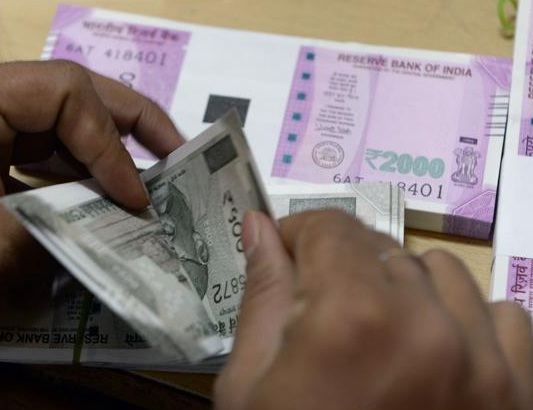
- Over 2,100 companies have cleared their outstanding amounts, a majority of which came after the government amended the IBC
- The IBC rules barred promoters of companies that were classified as a non-performing assets (NPAs) from bidding for these companies where the National Company Law Tribunal, the bankruptcy court, initiated action.
The fear of losing control over their companies has prompted promoters, who have defaulted on repayment of loans to banks, to settle their dues of around Rs 83,000 crore before action was initiated under the newly-enacted Insolvency and Bankruptcy Code (IBC).
On last count, data compiled by the ministry of corporate affairs (MCA) showed that over 2,100 companies have cleared their outstanding amounts, a majority of which came after the government amended the IBC to explicitly bar promoters of companies that were classified as a non-performing assets (NPAs) from bidding for these companies where the National Company Law Tribunal, the bankruptcy court, initiated action. A loan is classified as an NPA if dues are unpaid for 90 days.
The move had faced severe criticism from the corporate sector as top names in the industry such as Ruias of Essar, Singals of Bhushan Group and Gaurs of Jaiprakash Group were locked out of the resolution process and there were fears that the bids may not be aggressive, resulting in the lenders having to recover only a small part of the loans. The government had countered the criticism by arguing that the move was meant to ensure that the promoters did not walk away with the same asset at a heavy discount. A clause was, however, inserted allowing the promoters to participate if they cleared the dues.
“The real success is the pressure on loan defaulters to clear dues. The borrowing and lending culture is changing because of IBC,” said a source, who did not wish to be identified.
Courtesy: Times of India














